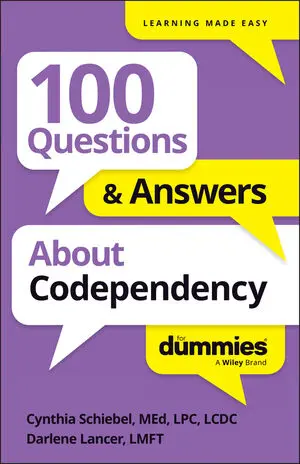Plain and simple, denial is a defense mechanism. Everyone does it. It’s the first defense that our brain is capable of using. It operates automatically and unconsciously. The brain can actually distort sensory information and interpret it in such a way that makes facts nonthreatening to block what’s going on. Because it’s unconscious, it’s difficult to spot in yourself.
Although you don’t choose to be in denial, you alter your perception of reality to protect yourself from being overwhelmed with emotion or facing something you fear. This means that if you don’t perceive something is wrong or threatening, then you don’t have to experience painful or conflicting feelings about it. If it doesn’t exist, there’s no problem. Following are some reasons you might deny:
To avoid painful thoughts or feelings if you were to face the facts about someone you love, yourself, or your relationships
To avoid emotional conflict with someone else or to avoid conflict within yourself about making difficult choices or taking action that may bring about pain or loss
To avoid a perceived threat, usually of loss, abandonment, physical or emotional harm, serious illness, or death
To cope with a shock or trauma often caused by physical, sexual, or emotional abuse that may have happened long ago






